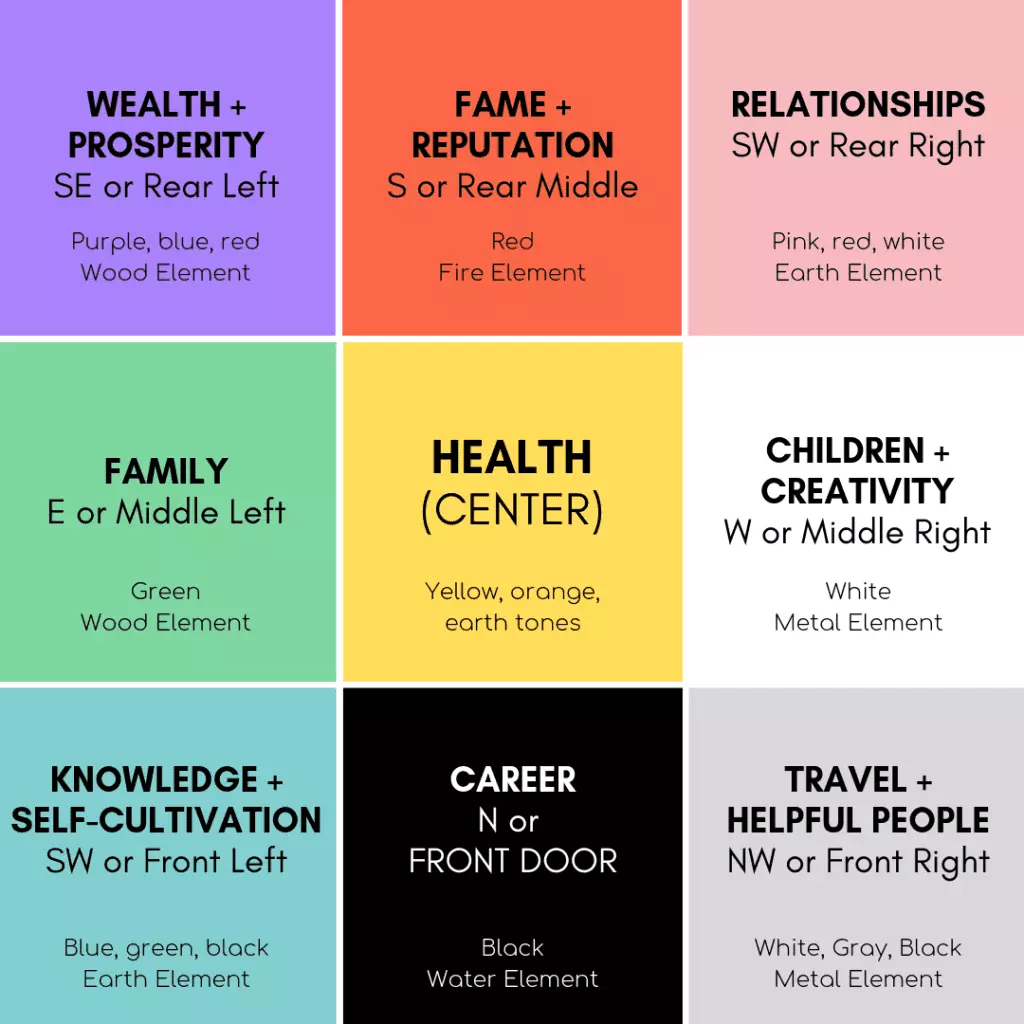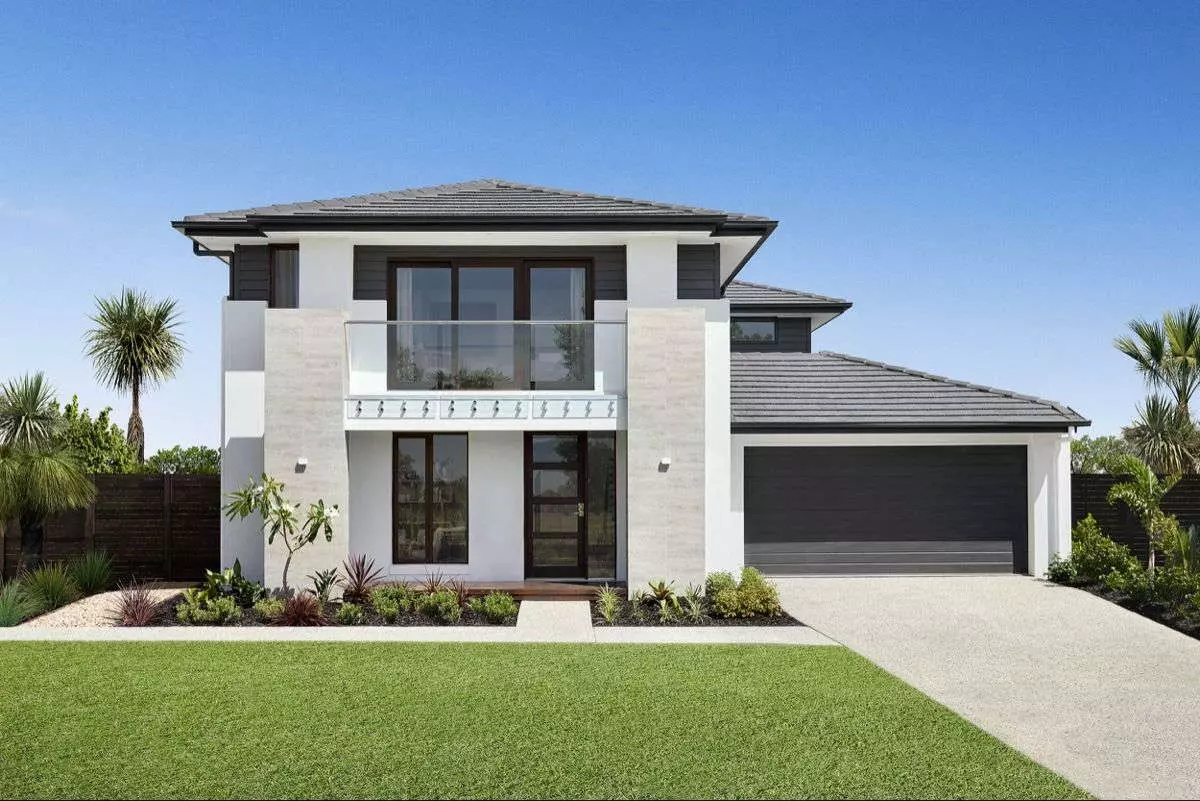Feng shui, deeply rooted in Chinese history, is a practice that aims to promote harmony, happiness, and success in homes, businesses, and cities. While it originated in an agricultural society, its principles remain relevant today to create a balanced and energized living space.
What is Feng Shui?
At its core, Feng Shui is the ancient Chinese practice of arranging objects in a space to optimize the flow of energy, creating balance and harmony. It combines interior design with well-being, fortune, and prosperity, and is gaining popularity in Western cultures.
Feng Shui Principles: The five elements
To create balance and achieve harmony in your home, it's essential to incorporate the five naturally-occurring elements: water, metal, fire, wood, and earth. It is crucial to strike a cohesive balance between these elements, as an imbalance can lead to confusion and anxiety.
Water represents good fortune and abundance. You can incorporate this element by using water-like tones, such as navy and blue, curved edges, and wavy lines in artwork and furniture.
Metal symbolizes simplicity, clarity, and precision. Add metal touches to your home with photo frames, mirrors, or metal furniture.
Fire activates energy, representing passion and creativity. Use bright colors, sharp edges in decor, home lighting, and artwork to incorporate the fire element.
Wood signifies kindness and vitality, bringing a sense of nature into your home. Include indoor plants, wooden furniture, and use wooden materials in your home design.
Earth represents stability, health, and grounding. Furnish your space with natural materials, earthy hues like yellows and browns, and introduce square-shaped objects.
House Feng Shui layout: the energy map
A crucial tool in Feng Shui is the bagua, an energy map that guides the layout of your home. It helps identify the different areas that correspond to specific aspects of your life, such as wealth, career, relationships, health, or travel.
 IMAGE: The Bagua (source: Architecture Ideas)
IMAGE: The Bagua (source: Architecture Ideas)
For example, if you want to enhance your career, incorporate water elements in the northern area of your home, such as water-themed artwork, fountains, or mirrors.
The goal is to achieve balance - the Yin and Yang
To create harmonious energy at home, it's important to maintain a balance between Yin and Yang. Yin represents passive energy for relaxation, while Yang represents active energy for productivity and socialization. Achieving the right balance involves incorporating Yin in some rooms (e.g., bedrooms and bathrooms) and Yang in others (e.g., the kitchen, front door, dining room, and home office).
The interplay of the five elements and life forces nurtures a well-balanced home, inviting positive energy, known as "qi" in Chinese culture.
5 tips to create good Feng Shui at home
Enhancing the Feng Shui of your home goes beyond furniture arrangement and color schemes. Consider these tips for both your exterior and interior design, creating a mindful and peaceful living space.
1. Keep the path to your front door clean and clear
The front door is considered the mouth of qi, where positive energy enters and flows. Ensure the path to your front door is clear and welcoming, free from obstructions like trees or clutter.
 IMAGE: The Emperor’s clear and inviting pathway
IMAGE: The Emperor’s clear and inviting pathway
2. Learn the command position
Position your furniture diagonally from the door to have a commanding view of who enters, giving you a sense of control and preparedness. This applies to your bed, sofa, and home office desk. Embracing the command position allows you to relax and be ready for anything.

3. Clear the clutter in all rooms
Maintaining balance and flow of energy is essential in Feng Shui. Remove clutter that disrupts the harmony and blocks the flow of qi. Cultivating a clear and organized space allows your mind to wander freely and maximizes natural light.
4. Slow down the flow of energy
After decluttering, focus on slowing down the flow of energy within your home. Avoid having doors directly facing each other, as this can cause energy to escape quickly. Position artwork, rugs, plants, or other objects in clear areas to make people pause, slowing down the energy flow.
 IMAGE: The artworks slow down entry into the Emperor
IMAGE: The artworks slow down entry into the Emperor
5. Choose your home placement wisely
When selecting a new place to call home, consider the surroundings. Avoid living near areas that may invite negative qi, such as cemeteries, rubbish dumps, or power stations. Similarly, be cautious of living at the end of a T-intersection, as this can direct excessive energy towards your home.
Your home reflects who you are and the energy you want to invite into your life. Pay attention to its Feng Shui, and you'll experience the benefits of a secure, serene, and motivating living environment.
The importance of good Feng Shui in Australian Homes
By altering your perception of your environment, Feng Shui can positively impact your thoughts and behaviors. Transforming the energy within your home enhances your well-being, providing comfort, serenity, and motivation. This approach nurtures a healthier alignment of your internal energy, leading to a fresh perspective on life.
Creating good Feng Shui offers significant benefits, contributing to optimal well-being and a more fulfilling lifestyle.

















